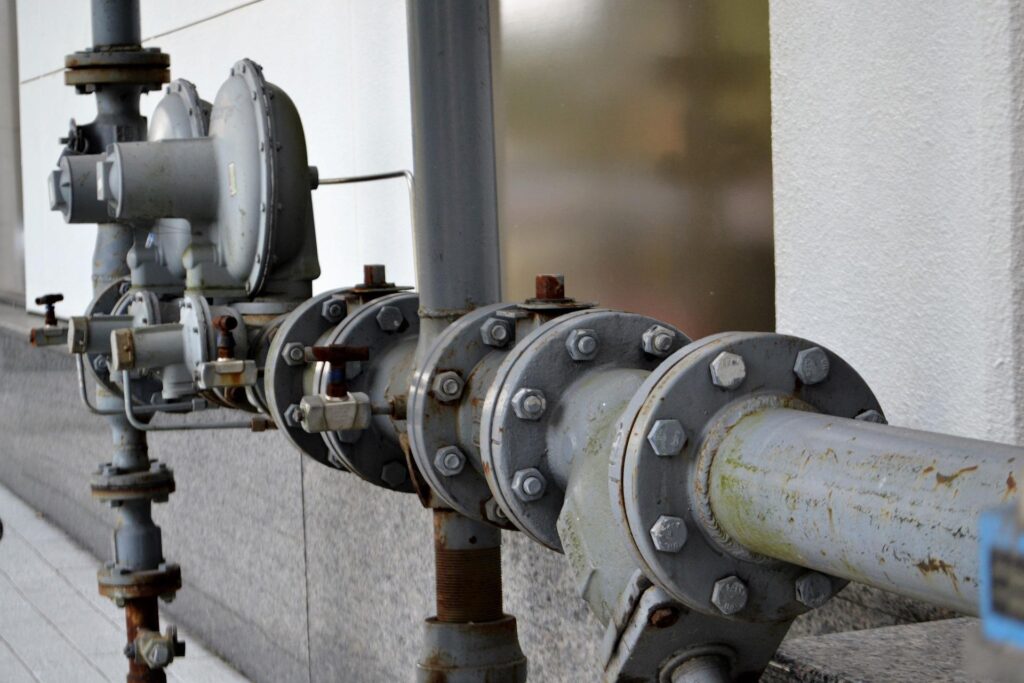How the Municipal Systems Work: Water Bills, Sewer & More

0%
And most people don't give municipal operations a second glance despite how much control it has over their everyday life.
LIP
Most municipalities in Canada follow similar systems. And most people don’t give municipal operations a second glance, especially if they grew up in the area, despite how much control they have over their everyday life.
If your garbage is picked up on time, your water is clean, your snow is plowed, and your council is representing their constituents, then you don’t think about the municipal systems.
In Ontario, the municipal government is a residents’ first line of care. It controls the roads they drive on, the water they drink, the public pool they swim in, the sewage they get rid of and more.
And every major municipal decision is governed by provincial legislation so that every city, town, or township has a minimum standard for its infrastructure. This is called the Municipal Statute Law Amendment Act, 2006 (Bill 130). Municipalities are able to provide higher standards if they can afford it as long as they do not contradict the Municipal Act.
But how do municipalities pay for services? Property taxes.
Though most municipalities receive some money from the province or federal governments through grants and transfers, most of the money is raised through property taxes.
Each property owner must pay a tax, whether they own a house, a building or a piece of vacant land. There are two parts to this tax:
the municipal tax rate, which your municipal government sets; and
the education tax rate, which the provincial government sets.
The municipality dictates how much to charge depending on the need. A simple rule of thumb is that the more a municipal offers its residents and the more debt it has, the more it will tax its residents.
Who governs a municipality? A council.
The council comprises elected officials that include a mayor or reeve and usually several councillors or alderpersons. The mayor or reeve is the head of the council and must ensure that meetings run smoothly.
The council has the final say on what happens in town. Their decisions are made through votes, though their choices are dictated by staff members who work directly with residents.
Municipal governments in Ontario are responsible for providing many of the services within their local boundaries, such as:
Airports
Ambulance
Animal Control and By-law Enforcement
Arts and Culture
Child Care
Economic Development
Fire Services
Garbage Collection and Recycling
Electric Utilities
Library Services
Long Term Care and Senior Housing
Maintenance of Local Road Network
Parks and Recreation
Public Transit
Planning New Community Developments and Enhancing Existing Neighbourhoods
Police Services
Property Assessment
Provincial Offences Administration
Public Health
Side Walks
Snow Removal
Social Services
Social Housing
Storm Sewers
Tax Collection
Water and Sewage
Not all municipalities will have all of the services mentioned above. The type of offered services depends on the size and complexity of a municipality. The bigger a city, the more services it will usually provide, and the more it will tax its residents.
A county is an area with many municipalities within its boundaries. It is ruled by a county council composed of designated elected members from the municipalities. Each municipality has at least one representative within a county council. The council is then run by a warden, elected by the county council.
In rural areas, such as Renfrew County and Lanark County, the county often takes over many of the aforementioned municipal responsibilities. Big cities may be part of the area where a county rules but is often a separate entity altogether.
Ultimately, your daily choices are affected most by municipalities, and when you buy a property, you will then receive a bill. This has to be paid every year, or your home can be taken by the town or city and then auctioned off to pay your debt.
If you rent a property, you do not have to pay property taxes. If your landlord is trying to directly charge you this fee, they are breaking the law.
For more information on your local municipality, you can approach them directly.



